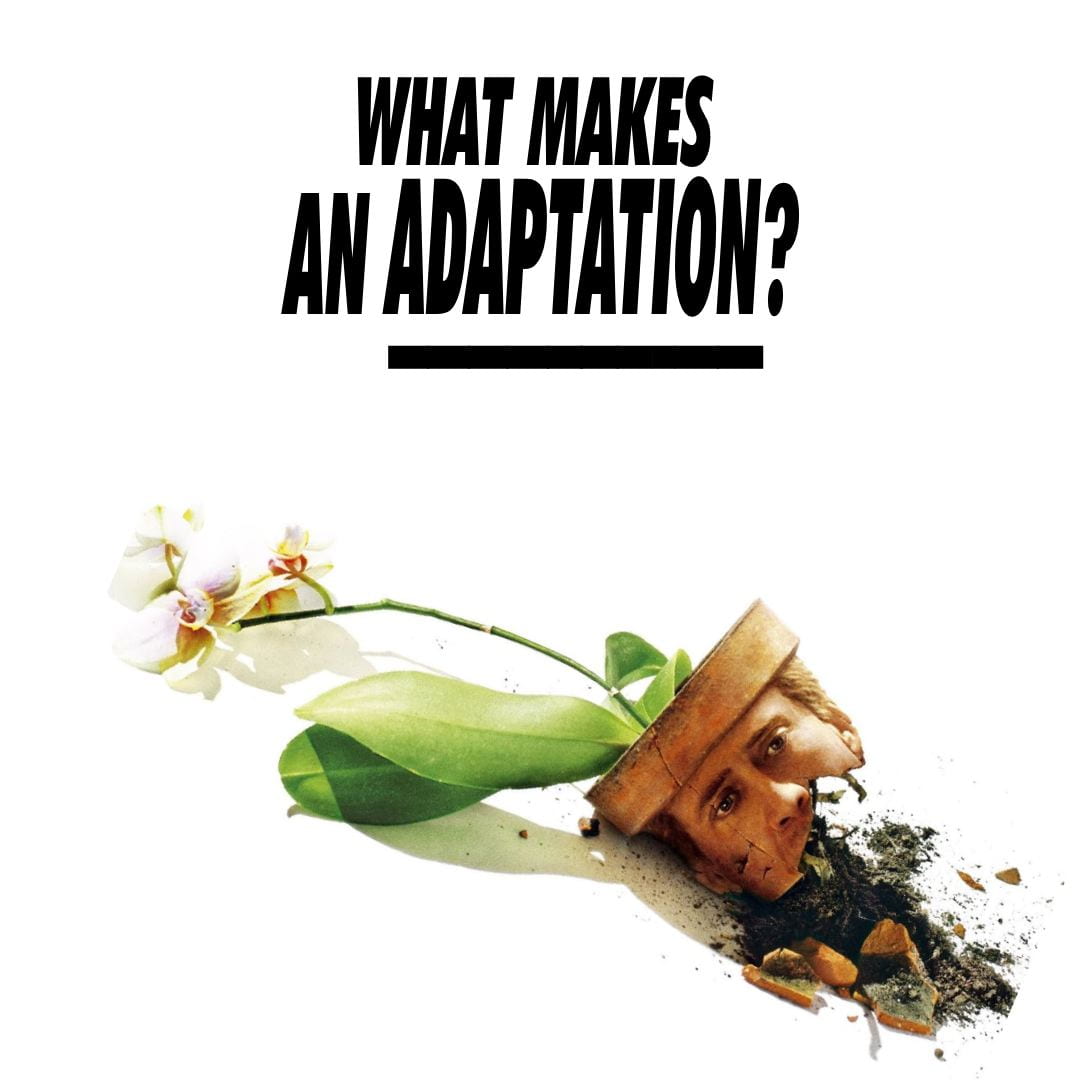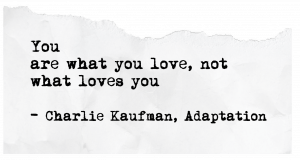Welp, it’s almost over. The gregorian Grade 10 British Columbian school year and my time at PLP. And today I want to talk about 1 of my final projects of Grade 10, Voices Of The Cove. So let’s start @ the beginning.
This project was unique compared to the other projects this year. This project was specifically tied to two things; the 1950s and Deep Cove. So let’s start off by talking about the latter. The first half of this project had us talking about Deep Cove and its history alongside members of the Deep Cove Heritage Society. I found this project a bit weird, bcoz I live in East Van and honestly don’t have much of a connection to DP (Deep Cove, not Daft Punk).
We mainly had two assignments connected to Deep Cove, we had to interview a classmate about Deep Cove and on the 2nd was we had to interview a member of the cove about it and its history. I will spare you from hearing the first rendition as it was pretty dookie, but I think the 2nd rendition was a really interesting convo I had w/ my classmate: Kaia. ( side point about Deep Cove interview, miscommunicated about times and other things and it didn’t work out ¯\_(ツ)_/¯ )
I think talking about this milestone calls for…….
I think the milestone demonstrates the competency of Discuss, Listen, Speak very well! I think I really used the opportunity to discuss broader ideas about the Cove and small communities. I think another way part of the competency I highlighted well was how I talked and handle the microphone. And that’s pretty much what I have to say RN.
The second part of this project focused on a topic of our choice and its relation to Canada and the 1950s. This part of the project was really interesting because I really wanted to make this part of the project unique to my interests and not just funnelled into a piece of work I would have regretted so I decide to discuss Skateboarding and the 1950s. If you know anything, about anything, you know that skateboarding didn’t exist in the 1950s. I initially tackled these ideas in a short presentation about the topics which helped evolve into the podcast episode.
For the original podcast episode, I decided to interview PD from Skull Skates P.D Hot Shop as it was the oldest skate company and shop in Canada starting in the 1970s and still open today. Sadly communicating with them wasn’t the easiest and the timeframes didn’t really align with my project timeline. So I decided to Interview Michelle from Anti Social Skate Shop which is one of the best skate shops in van, ( located right on main st !).
The interview worked out great and really helped round out this episode. I asked her about skating and Van and she gave really interesting answers.
And once again……
I think this episode really demonstrated the competency of Continuity and Change. I discussed the current skate scene and how it evolved into what it is today with specific examples. I think how I explored those ideas were very well done alongside the tech side of the episode.
And with that……
I think that this project was pretty great and the concepts and ideas we explored were really interesting. Over the past couple of years PLP was probably one of the biggest things that helped me form me into the person I am today and I think the unique way of learning really helped me learn the ideas taught.
and finally…… Cya!












































